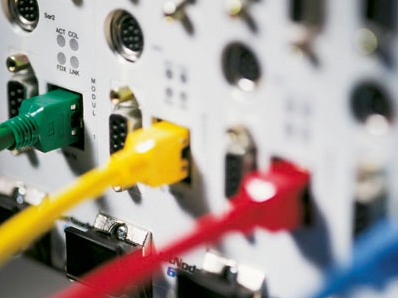Critics accuse Digital Economy Bill of being 'rushed'
Already approved by House of Lords

The controversial Digital Economy Bill has been approved by the House of Lords this week and critics claim the bill is being unduly rushed through parliament without sufficient debate or consideration.
The Bill contains the controversial 'three strikes' rule, whereby the government will ask ISPs to cut off those customers who music companies and rights holders claim to be persistent illegal filesharers. However, the government has recently backtracked somewhat on 'three strikes'.
Geoff Taylor, the Chief Executive of the British Phonographic Industry BPI still very much hopes that the bill will soon become law, telling The Guardian:
"It is vital for the future of the UK's creative sector that the digital economy bill becomes law before the dissolution of parliament. We are pleased that it has passed successfully through the Lords and will continue to work closely with all parties as it progresses."
Abuse of parliamentary process?
Critics remain unhappy with the way the bill has seemed to be rushed through parliament, with the Earl of Errol noting: "We have no idea what it looks like, and it seems to be an abuse of parliamentary process."
Executive Director of the Open Rights Group, Jim Killock, added: "Our elected MPs will have spent a whole two hours on this bill... before they disappear back to constituencies to ask for our vote. Meanwhile, a 'rump parliament' made up of retiring MPs and party whips will pass disconnection measures – with no actual debate."
Get daily insight, inspiration and deals in your inbox
Sign up for breaking news, reviews, opinion, top tech deals, and more.
One ISP that remains defiantly against the proposals in the bill is TalkTalk, with Andrew Heaney, Director of Strategy and Regulation for TalkTalk saying that, "the digital economy bill proposals create a new and unfair duty on broadband customers.
"It asks them to implement complex and expensive security measures on their connections to make it more difficult for their neighbours and others to use their connection for copyright infringement. The bill reverses the core principles of natural justice by requiring customers to prove their innocence."
Via The Guardian
